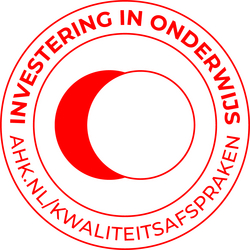Insight into fair business principles and practices
The Fair Practice Module
Doing business in a fair manner. Crucial, isn't it?
Yet we easily allow ourselves to be underpaid. We accept conditions and situations that peers in another industry would never accept. Our industry is undervalued and it is up to us to change that. To make it convincingly clear what we and our colleagues in the cultural and creative sector are worth.
Wiser and more empowered in 5 lessons
This module brings you all the tools you need to have a good conversation about an fair working practice. You will discover how the cultural field works. You will have insight into situations and learn to form your own vision around business and ethical issues. Thanks to these new insights, you will soon be able to stand up for yourself and your colleagues with a clear argument.
"Our sector is undervalued. Most artists can barely make a living from art. That needs to change and it can change
‘The Fair Practice Module’ has been developed and facilitated through the Quality agreement funds project, ‘Fair Practice Module’. Here you can see where the Quality agreements budget is allocated.
![[Translate to English:] [Translate to English:]](/media/the/_processed_/4/b/csm_Fair-practice-18x7-web2_b54b0249ac.jpg)
![[Translate to English:] [Translate to English:]](/media/the/_processed_/1/d/csm_bollen-the-180x180_5209df81ac.jpg)
